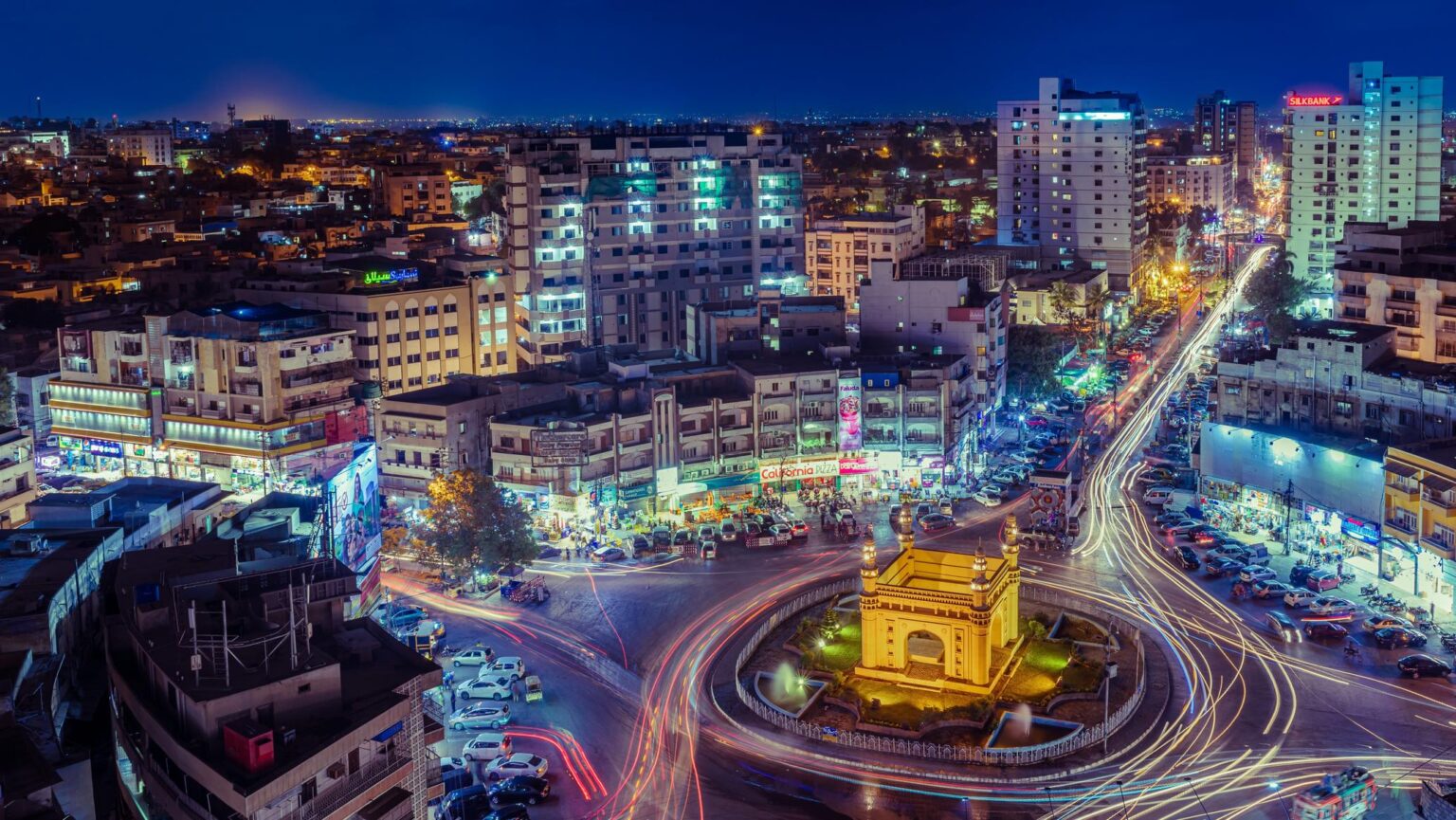The world of cryptocurrency is constantly evolving, and with each new development, opportunities abound for both seasoned investors and newcomers. As digital currencies become a more integral part of the global financial landscape, countries like Pakistan are taking significant steps to regulate and welcome crypto-based enterprises. This progressive movement opens up exciting possibilities for international exchanges and service providers, promising a dynamic future for the nation’s market. Let’s delve into the recent regulatory changes and their implications for the cryptocurrency community in Pakistan.
Pakistan’s New Crypto Licensing Opens Doors for Global Exchanges
Invitation to Global Crypto Players
The Pakistan Virtual Asset Regulatory Authority (PVARA) has recently extended an invitation to prominent international crypto exchanges and Virtual Asset Service Providers (VASPs) to apply for local licenses. This strategic move follows the implementation of a new Virtual Assets Ordinance, aiming to create a structured and regulated environment for global players to safely engage with local customers.
Meeting the Eligibility Criteria
For a seamless entry into Pakistan’s crypto market, interested companies must demonstrate compliance with stringent eligibility requirements. These include holding licenses in trusted jurisdictions such as the US, UK, EU, UAE, or Singapore. Additionally, applicants must showcase robust measures against money laundering and terrorism financing, coupled with comprehensive Know Your Customer (KYC) protocols. They are also required to submit detailed company profiles, operational insights, and security strategies.
Understanding Pakistan’s Market Potential
Pakistan’s burgeoning virtual-asset sector is estimated to encompass a user base of approximately 40 million people, with an annual trading volume nearing $300 billion. These impressive statistics highlight the immense potential for growth and development within the country’s crypto market. PVARA’s initiative to integrate international exchanges into a regulated framework aims to maximize this opportunity while ensuring consumer protection.
The Regulatory Framework and Implementation
The timely introduction of the Virtual Assets Ordinance has vested PVARA with the authority to oversee and license virtual asset activities throughout Pakistan. This regulatory framework aligns with global standards advocated by groups like the Financial Action Task Force (FATF). The comprehensive planning leading up to this ordinance included discussions around launching a central bank digital currency pilot, showcasing the country’s commitment to embracing digital innovation.
Industry experts believe that regulated market entry can draw reputable exchanges, enhance consumer safeguards, and stifle illicit operations in unregulated spaces. Yet, the successful deployment of this licensing program hinges on stringent enforcement and high-quality regulation.
FAQs
What is the rationale behind Pakistan inviting global crypto exchanges?
The invitation to global crypto exchanges is aimed at fostering a well-regulated and secure market, offering protection to local consumers while enhancing the country’s position in the global crypto landscape. By doing so, Pakistan hopes to attract reputable international players and stimulate innovation.
How does PVARA ensure compliance with international standards?
PVARA demands that applicants hold licenses in recognized jurisdictions and implement effective anti-money laundering and KYC measures. The authority’s regulatory framework is designed to align with international guidelines set by organizations like FATF.
What are the challenges facing global exchanges entering the Pakistani market?
Global exchanges must navigate compliance costs and align with local regulations. The success of their market entry will depend on their ability to adapt to these rules while maintaining robust security and operational standards.
In conclusion, Pakistan’s proactive approach in inviting international crypto exchanges marks a significant step towards integrating its economy with the global digital asset ecosystem. Through this meticulously planned regulatory framework, Pakistan aims to ensure a secure, regulated, and progressive crypto market that benefits all stakeholders.

